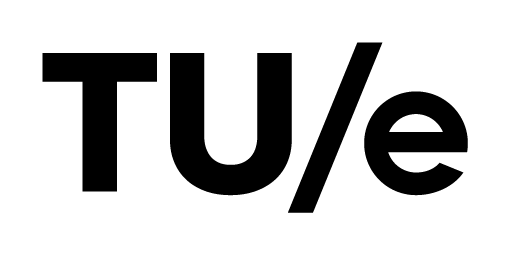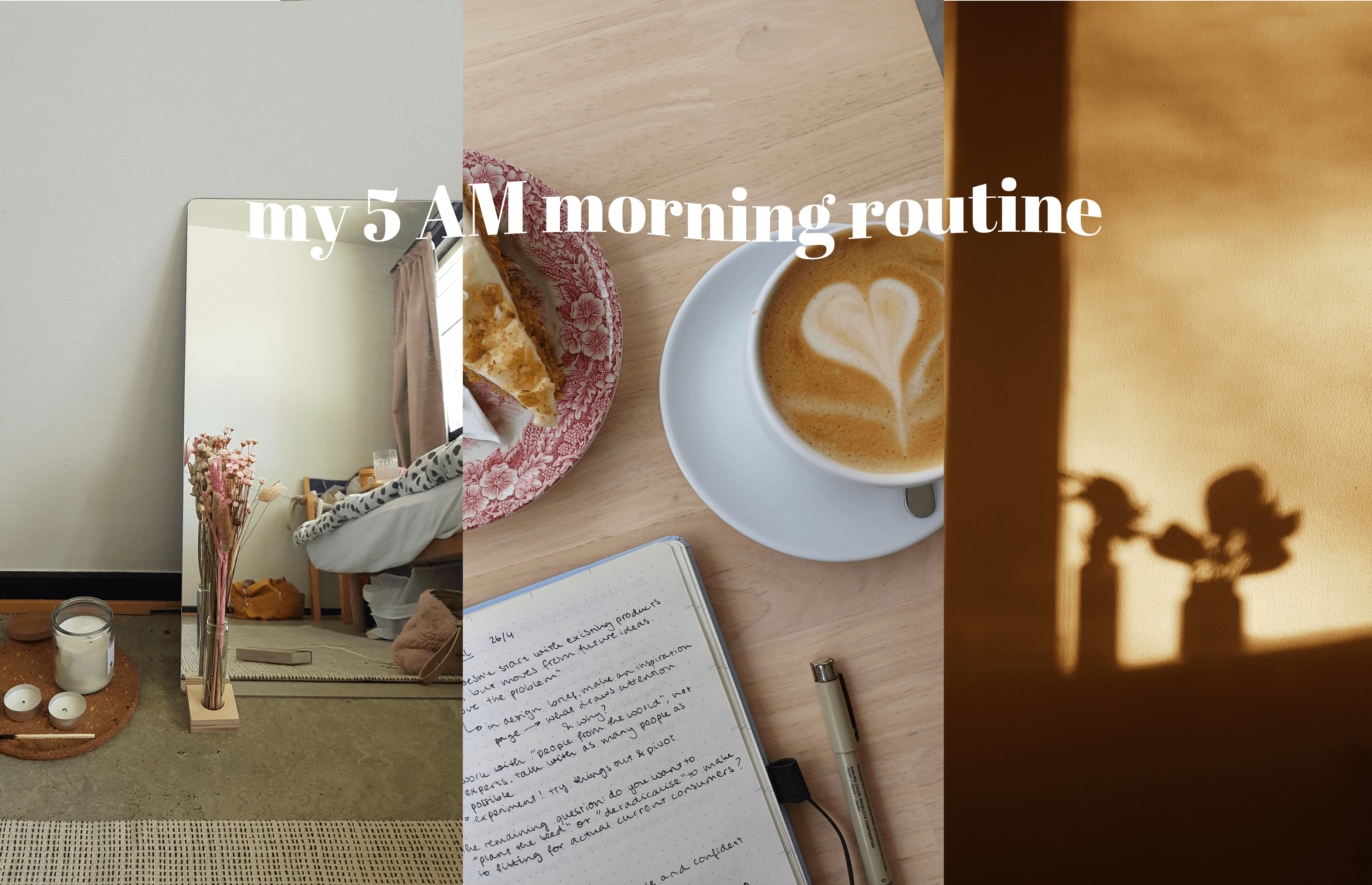The internet holds a lot of ideas about the future and no extensive research is necessary to find them: YouTube provides us with the morning routines of 2050 (Kirsten Leo, 2019) and Pinterest teaches us that change is the only constant. Focusing on healthy morning routines, I was curious to see what YouTube vloggers think their morning routine would look like in the future. Should I really start adjusting to waking up at 5 AM to do a one-hour workout and journal for 30 minutes?

Pictures from Pinterest: owners linked via this Pinterest Board – https://pin.it/5w0I9cb
Luckily for me, this isn’t very likely. Kirsten (the initiator of these future vlogs) is more concerned about climate change and increased political friction. She wonders how food shortages could influence our breakfast decisions and what running out of water does for our hygiene. These seem sensible questions and do make me reconsider waking up at 5 AM each day if this is the alternative.
The Dystopian Scenario
The effects of climate change, as touched on by Kirsten, is something I worry about sometimes too. Imagining the home of the future, topics like hygiene and getting your nutrients in are things to revisit when resources and environments change. As a thought experiment, I wonder what a healthy life would be like on a deserted island and what then would be the core concept of “being healthy”. Even though I currently try to eat as varied as possible, living on a deserted island will probably provide me with a lot of seasonal products, like coconuts and maybe a fish once in a while. Does this then mean I would live an unhealthy life because I’m not getting varied nutrients? I don’t think so, because even though my diet is not perfectly balanced, I’m sure I would move more than I do now and get loads of vitamin D in, something my current working space doesn’t really provide.
Adapting to Change
The dystopian vision might take some of the human qualities for granted: adapting to change. Personally being more optimistic about the future prospects of health, I notice Kirsten doesn’t include how our perception and knowledge of health and routines, in general, is also always changing. We now know that sending sick women to sea won’t change much about their moodiness when the root cause isn’t targeted. And we also know how regular eating routines can solve issues in the digestive system. Connecting this knowledge to the newly available technologies, like trackers or smart health supplies, being healthy would be easier than ever.
Cake-Lovers of the Future
But it might not be as straightforward as it seems. Knowing the details of “perfect” physical health also means that we know when we’re not fulfilling the ideal. Being a cake lover, a food tracker could tell me when I’m eating too much sugar, but then also easily takes away the fun of doing so. But what if my mental health needed an enjoyable afternoon at my favorite coffee place with a slice of cake? Does that mean I’m making myself unhealthy? And is my food tracker the one who decides that for me?
The information society holds many opportunities for a better future of health, but the target point in making it a better one, in my opinion, is to also be more flexible and considerate. In the 2050 vlog of Kirsten with future water shortage, for example, some days might require more water for the correct, healthy daily water intake, while other days might ask for a warm shower. What I’m trying to say here: in my positive idea of the future, being healthy is also being able to make decisions based on both health and other factors.
Designing Healthy Morning Routines
Following the current technology trends, health devices could shift from being inter-connected to eventually predicting and deciding parts of your habits. This, as mentioned before, holds great opportunities for effortless improvement, but also should not forget a flexible attitude.
For designers, this opens up a great challenge. Can we understand what plays a role in becoming or staying healthy and connect it to guiding, predicting, and maybe even decision-making designs? Can we design healthy morning routines when the environment is always changing? And also, if so, do we want to?
Inspiration from this YouTube video:
Kristen Leo. (2019, May 11). MY MORNING ROUTINE IN THE YEAR 2050 [Video]. YouTube. https://www.youtube.com/watch?v=UG1I3MOXm90


